Against All Odds: How Netflix Made It
Home video rentals were already a $16 billion industry when Reed Hastings and Marc Randolph decided to get involved in the summer of 1997. Hastings, who holds degrees in mathematics and computer science, had just sold a software startup he had created earlier in the decade. Randolph was a direct mail and marketing specialist that held an executive-level position at Hastings' software company.
During the acquisition process, the two commuted together from their homes in Santa Cruz. It was during these drives that the concept for Netflix blossomed.
Their million-dollar idea was to build an online video rental service in the image of Amazon, an up-and-coming e-commerce player that was in the business of selling books. Rather than VHS tapes, which were deemed too costly and fragile to store and ship, they banked on a new medium that had debuted less than a year prior called DVD.
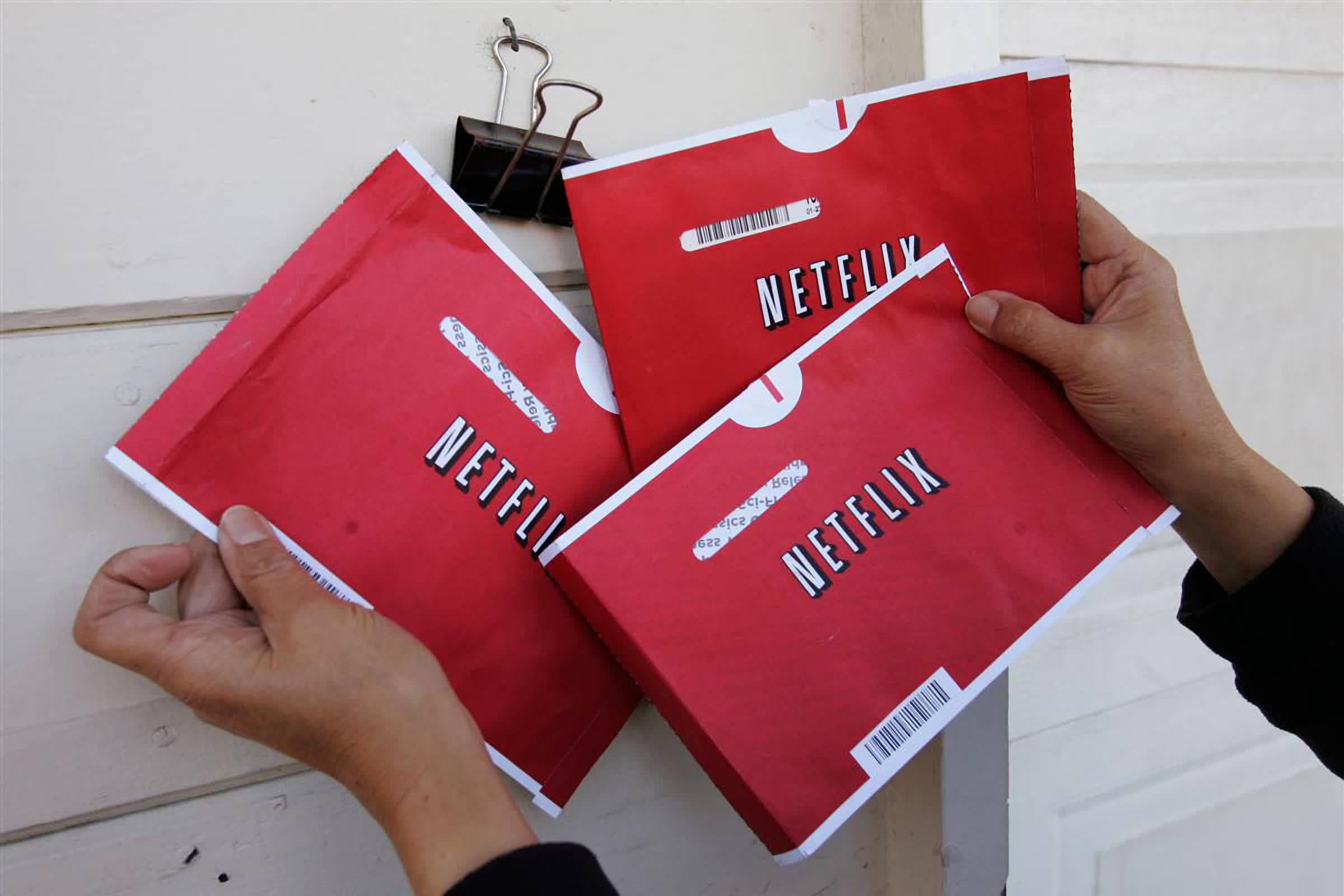
It's a no-brainer in hindsight, but at the time, launching an Internet-based company in hopes of disrupting an industry that had recently been steamrolled by what seemed like an unstoppable force – Blockbuster – was an ambitious undertaking.
Blockbuster had effectively commercialized the home video rental industry over the previous decade, putting many mom-and-pop rental shops out of business through brute force. In short, they were colossal, and independently-owned stores couldn't compete with their vast selection and ability to stock multiple copies of new releases.
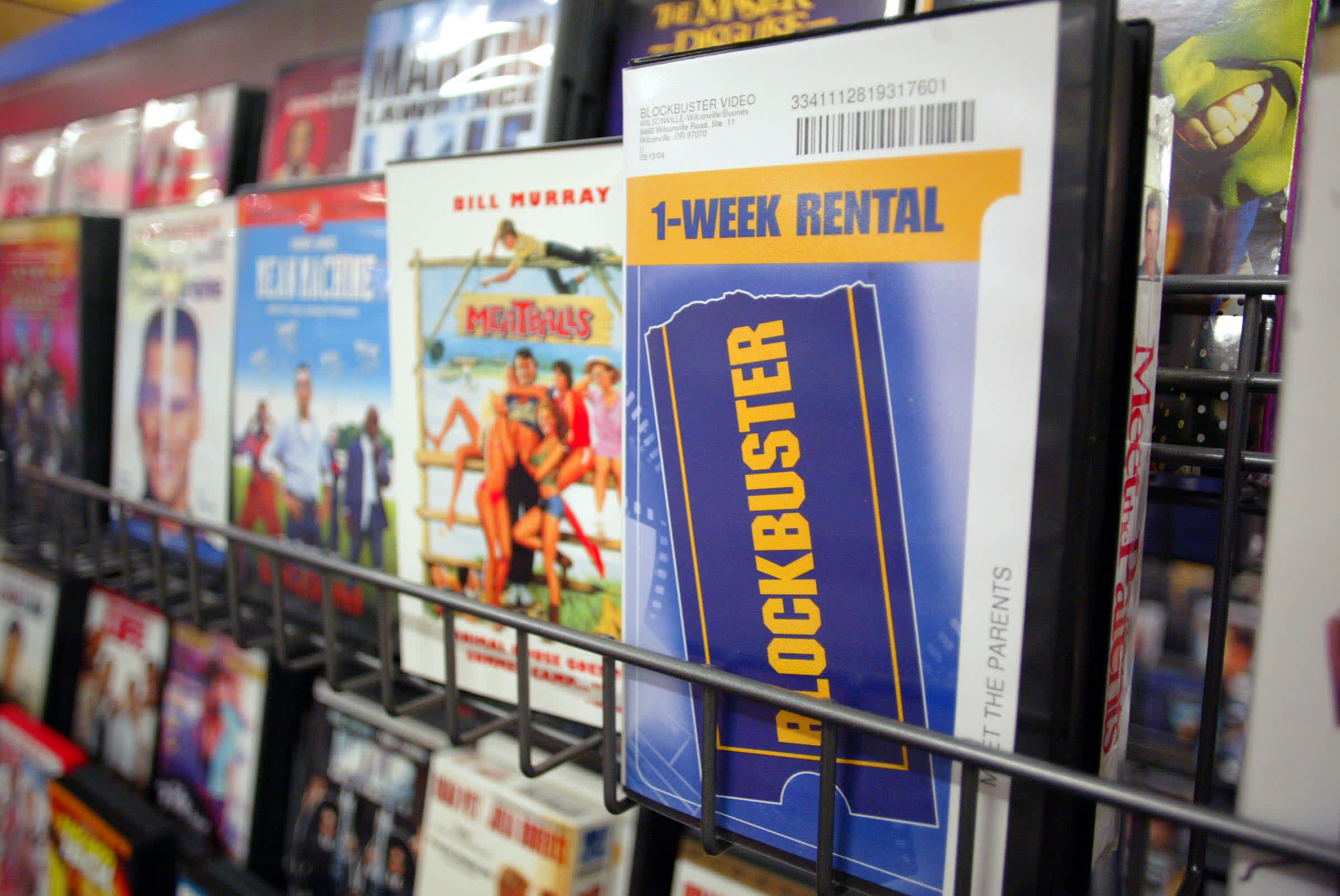
Behind the scenes, however, Blockbuster was dealing with its own issues. Executives were concerned that technological advances, like the growth of cable television and advances in video on-demand services, would negatively impact their business.
If you aren't innovating, you are bound to get left behind. Netflix was doing just that.
After launching one of the world's first online DVD rental services, the company further distanced itself from traditional rental outfits by introducing a monthly subscription model in 1999 and dropping the single-rental model altogether by the following year.
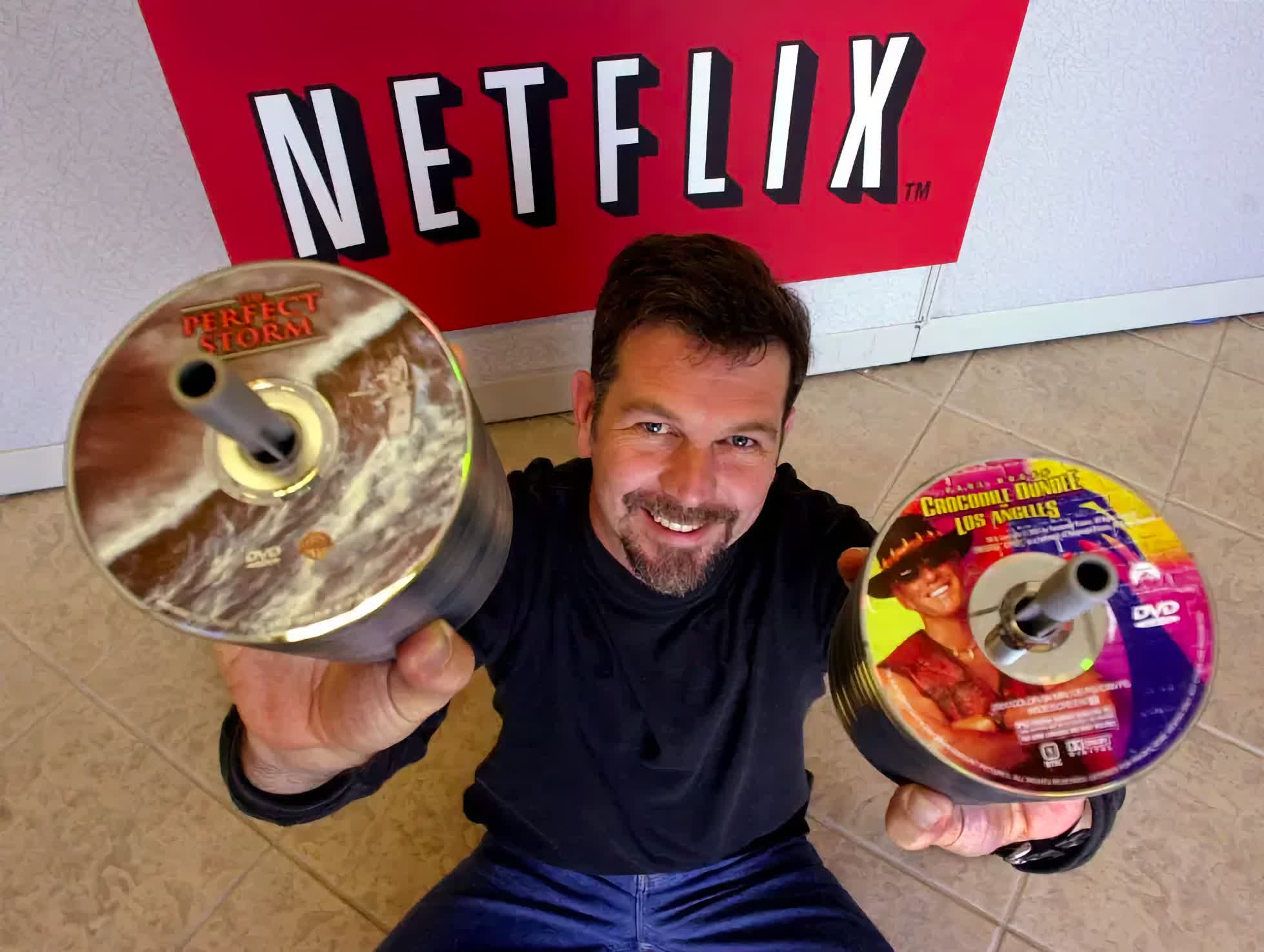
Launching a startup is no easy task, as Hastings and Randolph quickly discovered. By 2000, they had amassed some 300,000 subscribers but even still, the company was on pace to lose $57 million.
Seemingly in over their heads, the co-founders managed to arrange a meeting with Blockbuster CEO John Antioco. The pitch was straightforward: Blockbuster would buy Netflix and let their team develop and run Blockbuster's online video rental arm while Blockbuster would handle the retail stores.
The opportunity, if Blockbuster was willing, would cost them a mere $50 million. But they weren't interested in playing ball, or even entertaining a serious counter offer, and it wouldn't be the first time that Netflix narrowly avoided the chopping block.
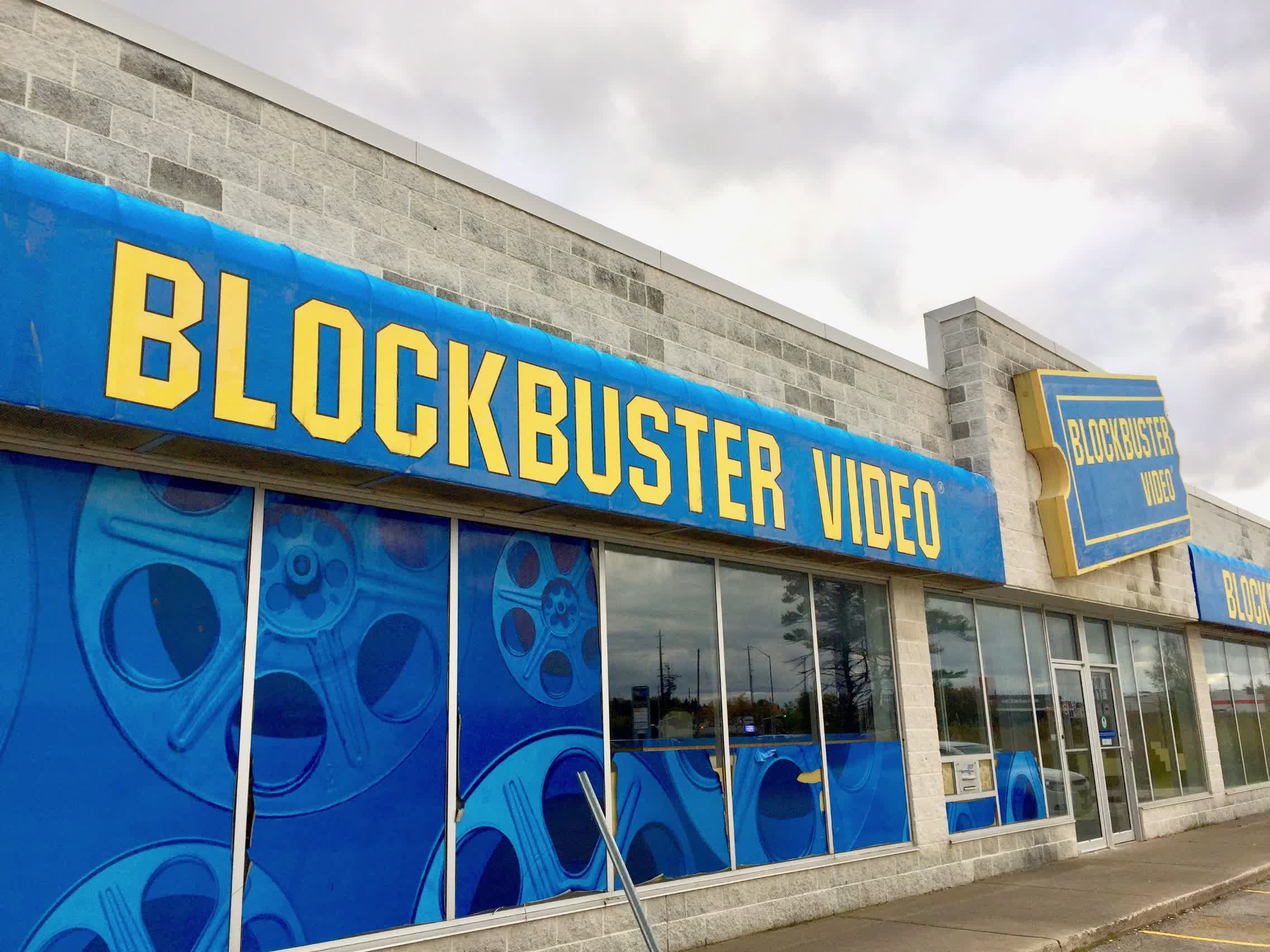
Netflix got back to work. The company continued to grow its DVD rental-by-mail business, benefiting from the falling prices of consumer DVD players. In 2002, Netflix became a publicly traded company. Two years later, co-founder Marc Randolph retired from the business.
Like Blockbuster, Netflix had been thinking a lot about how technology was inevitably going to change their business. Executives had long been interested in the idea of delivering movies over the Internet and by the mid-2000s, the technology was finally in place to make it a reality. The initial plan was to release a branded Netflix set-top box that would download movies overnight and have them ready to watch the following day.
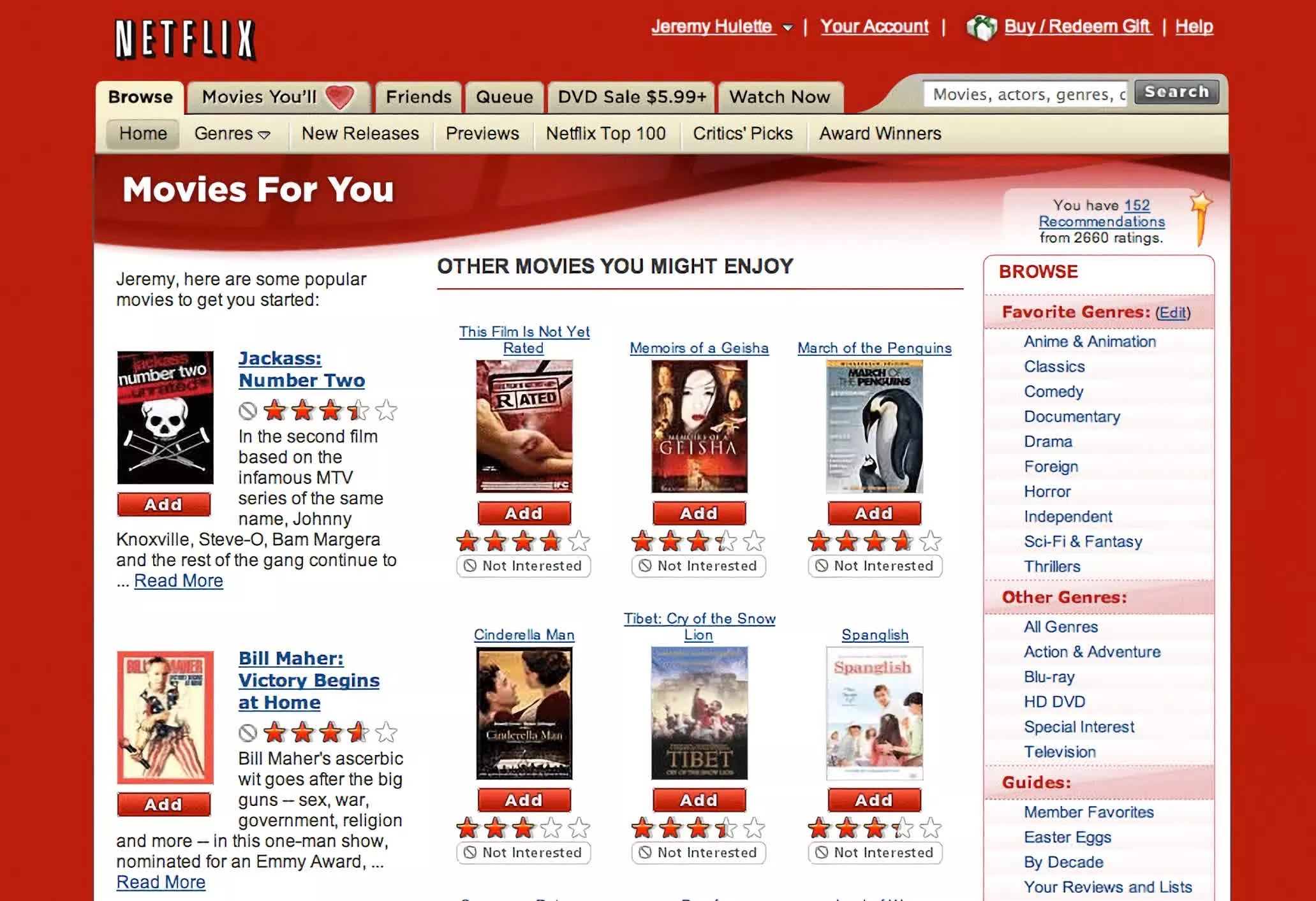
Everything was in place for the rollout, but then YouTube burst onto the scene in 2005. Netflix realized the potential of streaming video and scrapped the set-top box entirely. Two years later, they launched a streaming on-demand service with around 1,000 titles as a complementary perk for DVD-by-mail customers.
Netflix over the next several years would continue to build out its online streaming service by inking additional licensing deals with movie studios and investing heavily in its recommendation engine. Within a matter of months, the company went from being the fastest-growing customer of the US Postal Service to the largest source of web traffic in North America during peak usage hours.
It was no surprise, then, when Netflix unbundled its streaming service from the DVD-by-mail business, offering it as a standalone option for the first time in late 2010. What did catch some by surprise, however, was the unexpected price hike associated with the move. Suddenly, it'd cost 60 percent more if you were interested in both the DVD-by-mail offering and the streaming offering.
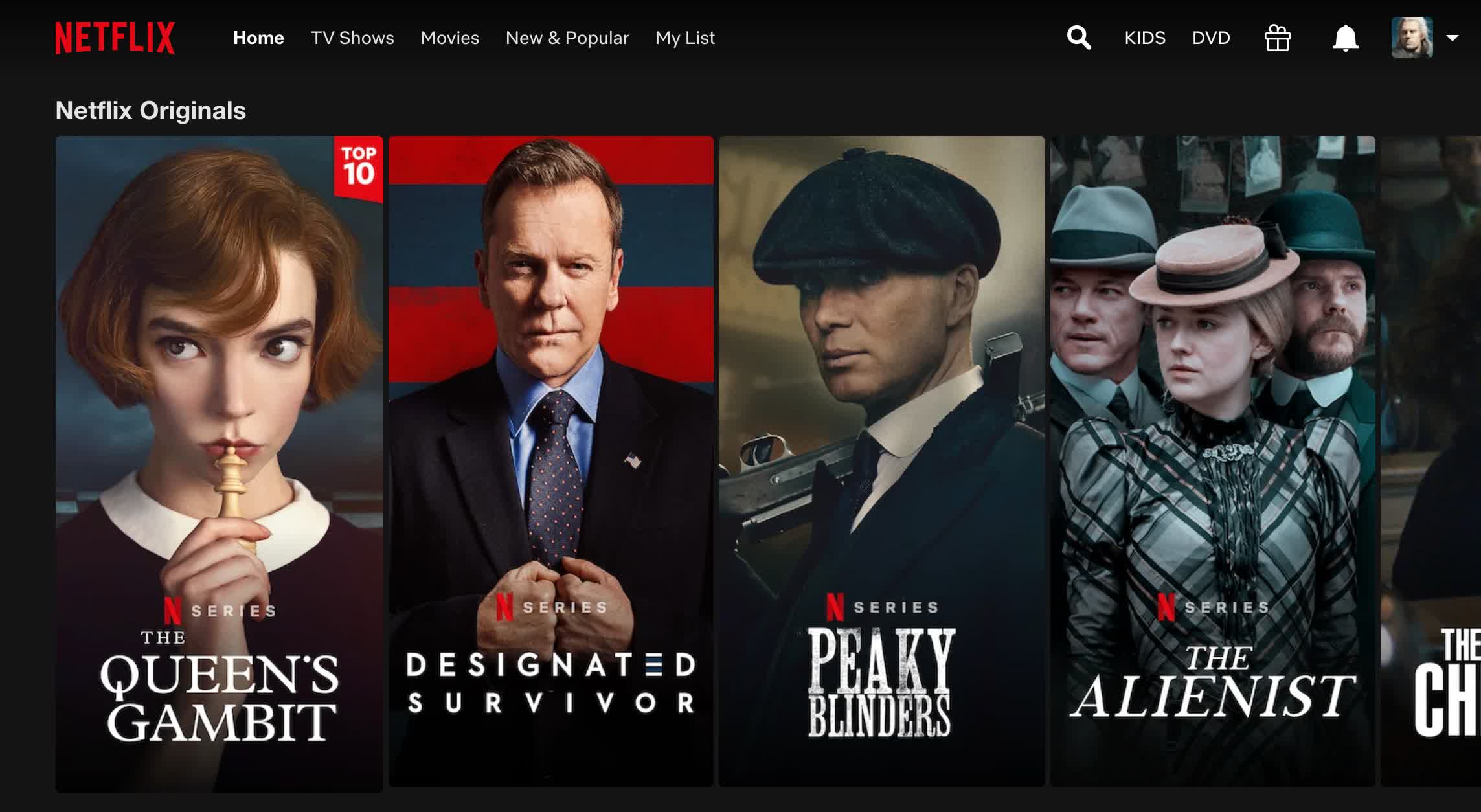
It was a huge misstep that ultimately cost the company around a million subscribers, and it wouldn't be the first flub. In September 2011, Netflix announced plans to rebrand its DVD-by-mail as an independent subsidy called Qwikster. Less than a month later, Netflix walked back the decision and elected to keep the two businesses under the same brand.
It's been mostly home runs and grand slams for Netflix ever since.
Netflix's experiment with producing original content has paid major dividends and become an industry standard and differentiator. From early hits such as House of Cards and Orange is the New Black, to instant favorites like Stranger Things, Ozark, and The Witcher. Netflix has rarely missed in this department. With shows like the CGI-based Resident Evil: Infinite Darkness in the works and the recent pickup of Cobra Kai from YouTube, Netflix's original content portfolio is looking stronger than ever and has forever changed the traditional distribution model.
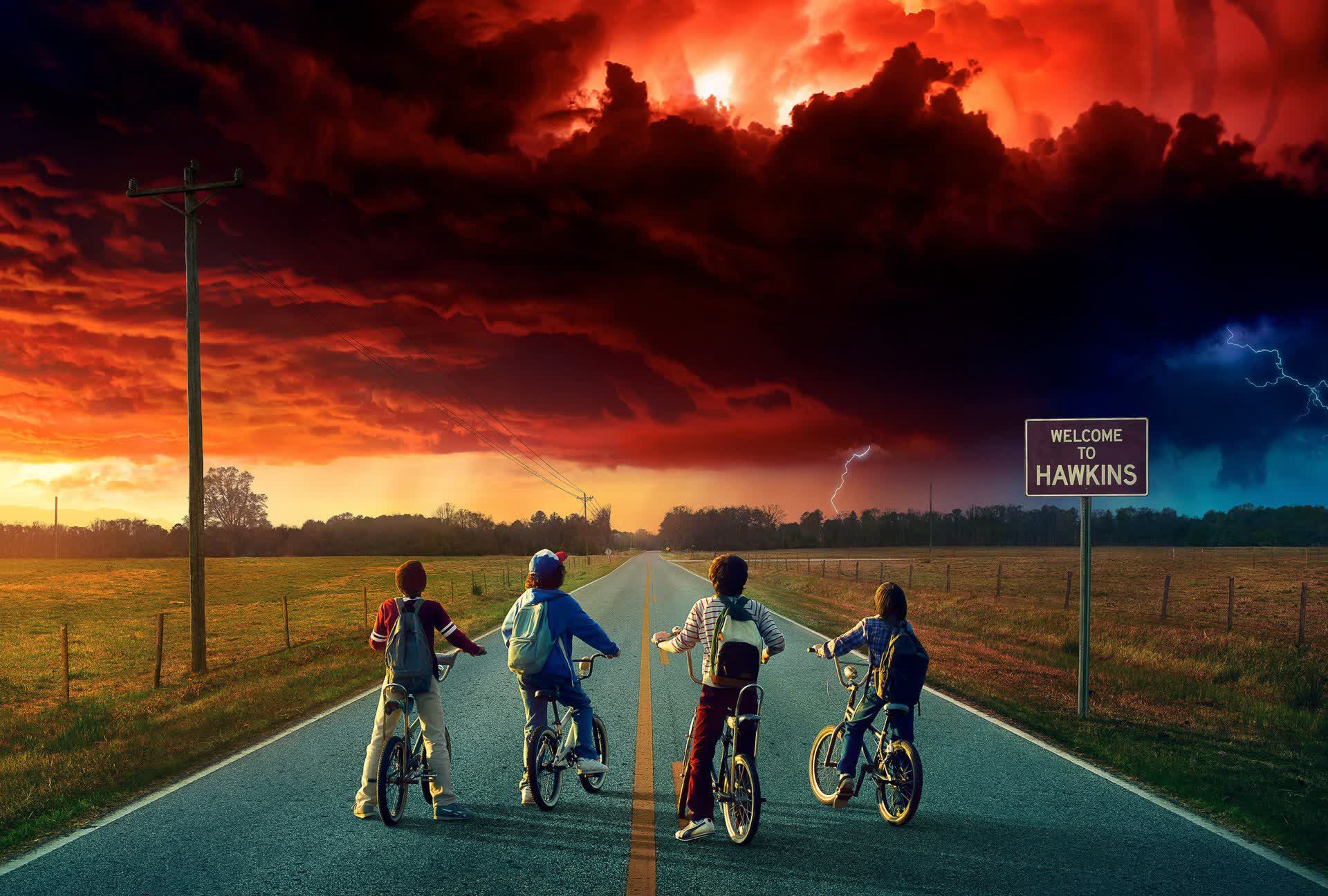
Streaming is without a doubt Netflix's bread and butter, but did you know that the company still offers DVDs by mail? Netflix brought in $212 million from its DVD arm in 2018 and shipped its five-billionth DVD in mid-2019.
What Netflix has managed to accomplish is nothing short of amazing. In less than 24 years, Netflix went from a scrappy startup to one of the world's largest media companies. As of writing, Netflix reports to have over 195 million paying subscribers around the globe and a market cap of more than $215 billion. Blockbuster, which passed on the opportunity to buy Netflix for a mere $50 million a decade earlier, filed for bankruptcy in 2010.
文章
5414
浏览
294
获赞
37
热门推荐
Surreal memes deserve their own internet dimension
In November, the surreal meme creator @surrealvault decided to shutter her merch shop, which had exiHow Apple AirTags are being used for nefarious purposes
Imagine you're driving home alone late at night after an evening out at a bar when suddenly your iPhHow to Squeeze the Most Out of Your iPhone's Battery
Scientists have made plenty of battery breakthroughs in the lab in recent years yet we're still waitApple reportedly plans iPhone 'crash detection' feature to call 911 for help
Think fall detection, but for your car. Apple is reportedly working on a new "crash detection" featuDonald Trump is back on Twitch after a short ban for ‘hateful conduct’
How long will you get banned from Twitch for disparaging immigrants on multiple livestreams?The answNintendo's Zelda 'Game & Watch' review: An adorably functional nostalgia blast
Video games aren't inherently toys, but our toys of the 21st century can easily offer up video gamesMark Zuckerberg's 'killer use case' for the metaverse is dumb as hell
The metaverse will revolutionize your ability to be a jerk. That rather confusing pitch was made by'King of the Hill' co
If you take King of the Hillco-creator Mike Judge at his word, NFTs might be even more valuable thanSamsung's Galaxy Z Flip 5G is basically confirmed in leaked video
It's been the week of leaks for Samsung — there was the Note 20 Ultra, the Galaxy Tab S7+, theBest kitchen deal: A renewed Vitamix Explorian blender is just $199.95 at Amazon
SAVE $196:A certified renewed Vitamix Explorian blender is on sale at Amazon for just $199.95, downSnapchat launches 'Layers' in Snap Map
Snapchat's solution for making Snap Mapmore fun, useful, and ripe for partnership opportunities &mdaIs NFL RedZone down? Users report issues during Week 9
NFL RedZone appeared to be having issues during Sunday's Week 9 slate of games. Users online reporteDonald Trump is back on Twitch after a short ban for ‘hateful conduct’
How long will you get banned from Twitch for disparaging immigrants on multiple livestreams?The answTikTok's latest food trend is an obsession with...onions?
You've never quite sure what food TikTok is going to obsess over next. One month it's cottage cheeseFacebook's international misinformation problem is even bigger than it is in the U.S.
New information from internal Facebook documents reveals that the social media company's misinformat
 科技创新!
科技创新!